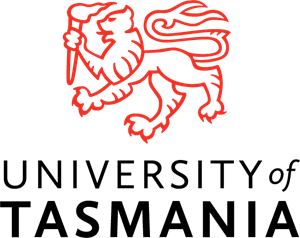This course will teach you to integrate geospatial and environmental knowledge to make practical recommendations for enhancing decisions around places – both predominantly natural through to highly urban. The unique combination of environmental and geospatial skills in a pragmatic, case-based learning environment will place graduates well for an exciting career.
You will apply skills in geographical information systems and remote sensing to address complex problems associated with managing ecosystems and fostering sustainable practices. These skills are in high demand by government and industry employers, and your will benefit from our close connections with the profession and work-integrated learning.
Graduate with the skills to tackle complex problems such as climate change, and how to use spatial data to understand changing landscapes.
